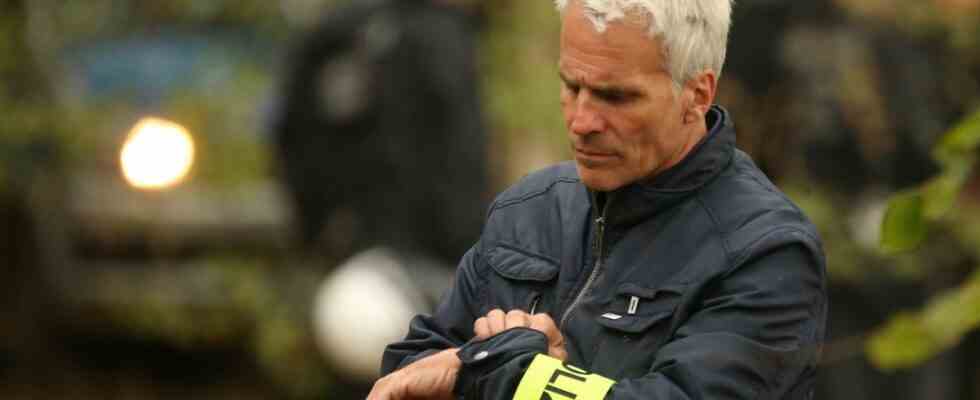The hamlet on the edge of the Garzweiler opencast mine is still occupied by climate protection activists. But now there are increasing signs that the police will soon be clearing this symbol of resistance to lignite mining.
The Rhenish town of Lützerath, which has been a nationwide symbol of the resistance of the climate movement against the mining of lignite for months, will be cleared and demolished at the beginning of 2023. This is becoming apparent after the Heinsberg district issued a so-called “general decree” this week: According to this, the eighty to one hundred activists who live there in huts, tree houses and empty buildings must leave the hamlet from this Friday. If they stay, the residents are threatened with eviction from the second week of January.
The police headquarters in Aachen has been preparing for a large-scale operation in the town on the edge of the Garzweiler II opencast mine for several weeks. Several environmental groups called for a large-scale demonstration in Lützerath on January 14 on Thursday.
In theory, the decree allows Lützerath to be evicted from January 10th. The district administrator of the Heinsberg district, Stephan Pusch (CDU), and the responsible chief of police in Aachen, Dirk Weinspach, are planning a public information event in the city of Erkelenz, to which Lützerath belongs, that day. Therefore, an eviction of the hamlet before January 11 is extremely unlikely.
It is still unclear whether environmentalists will appeal to an administrative court against the order to clear the site – and the final digging up of the place by the energy company RWE. Four years ago, the German Federation for the Environment and Nature Conservation (BUND) took legal action against the then planned clearing of the Hambach Forest. At that time the BUND owned a small “Protestacker,” which seemed to be under direct threat from lignite excavators. In Lützerath, on the other hand, the BUND is not directly affected. “We don’t have the legal basis for a lawsuit,” confirmed Dirk Jansen, director of BUND in NRW Süddeutsche Zeitung.
A spokesman for the activists of “Lützerath Leben” in the protest camp could not tell the SZ on Thursday whether individual occupiers of the place would complain about the eviction. Although some residents had signed a lease with the last farmer in Lützerath, the entire village has been owned by RWE since October. The activists hope that in mid-January several thousand people will come to Lützerath and resist eviction. So far, 11,000 people have made a self-commitment online that they want to oppose the eviction of the symbolic village.

